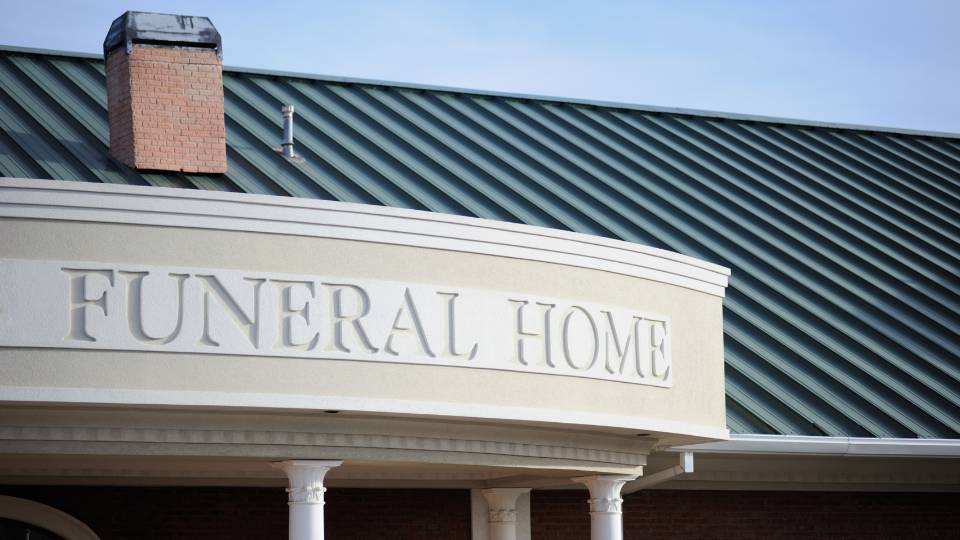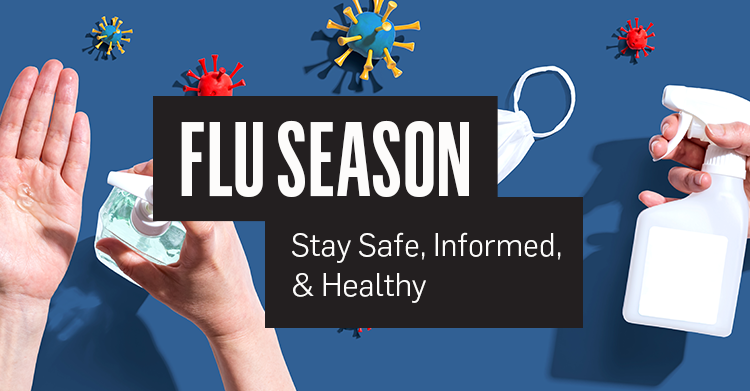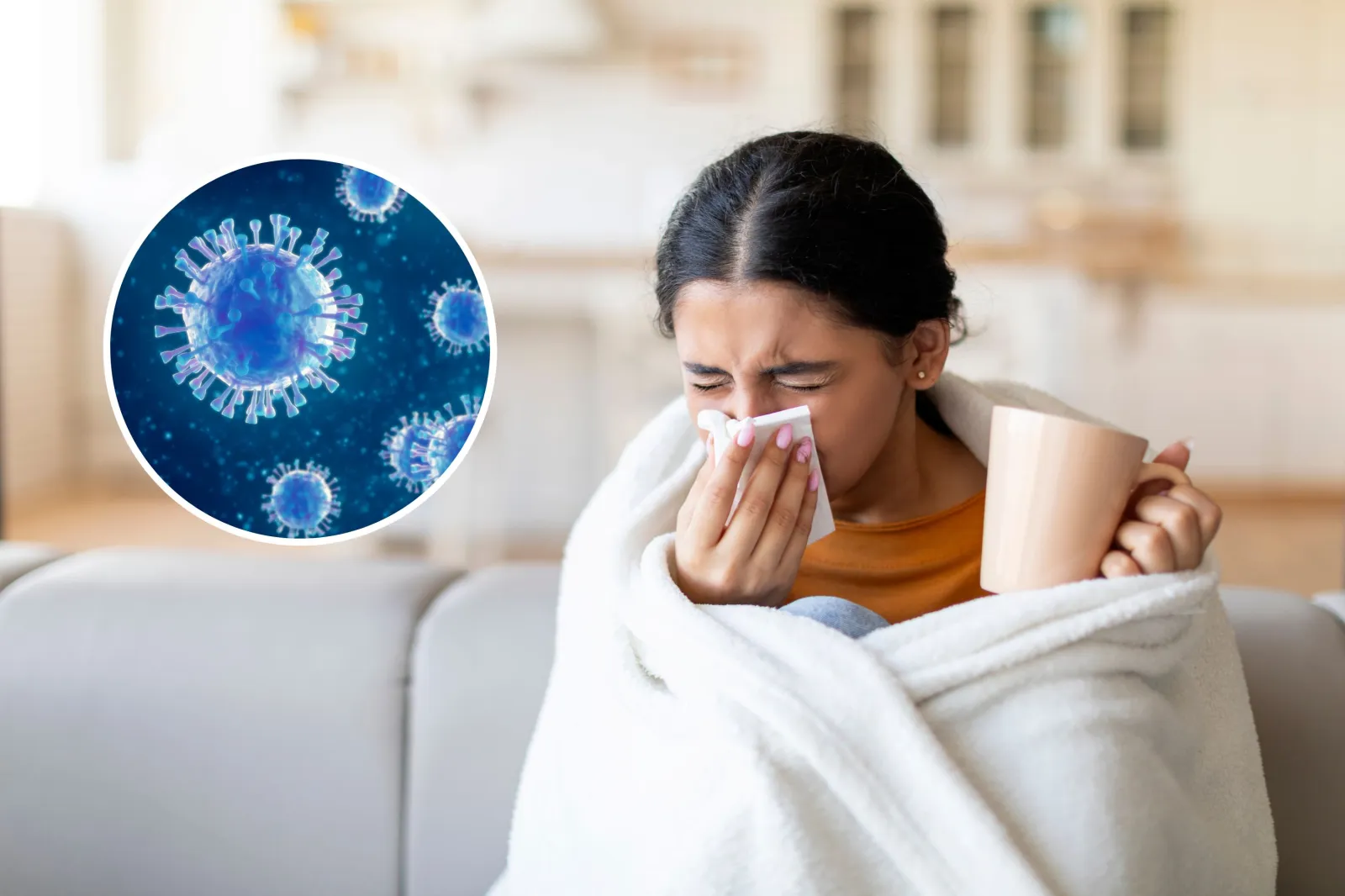How To Manage Medical Waste In Your Virginia Funeral Home: Expert Solutions Secure Waste
Virginia funeral homes play a vital role in honoring the lives of loved ones, working closely with families, ministers, and cemeteries to create cherished final moments.
The embalming process, typically handled by dedicated medical directors, involves treating the body with chemicals to preserve its dignity.
Throughout this process, medical service providers ensure that all types of Virginia funeral home medical waste are managed and disposed of safely, prioritizing the well-being of both employees and visitors while also upholding legal standards.
Understanding the different kinds of waste generated and the best disposal methods is crucial for creating a respectful and compliant environment. In this article, we are excited to share five common types of waste produced by funeral homes and how they can be handled appropriately. Let’s dive in!
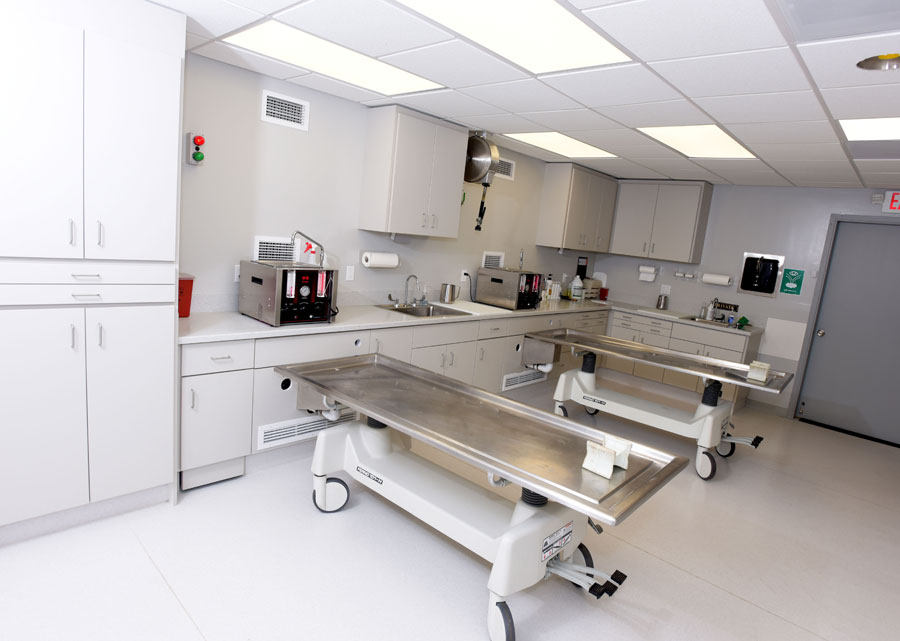
Five types of medical waste generated in Virginia Funeral homes
- When a deceased body undergoes embalming, the blood is drained and replaced with chemical fluids. These toxic chemicals typically include formaldehyde, methanol, sodium borate, nitrate, glycerin, coloring agents, and water.
It is essential to manage the blood and any excess chemicals safely after embalming. This may involve double-bagging, using biohazard-approved plastic storage containers, and employing specific absorbents to dispose of this pathological waste. Accurate labeling of all pathological waste is crucial to prevent accidental exposure. Sharps can cause cuts or puncture wounds, including needles, scalpels, glass ampoules, razor blades, sharp pieces of bones and teeth, stitch cutters, and other disposable sharp instruments. These items may also be exposed to bodily fluids and toxic chemicals.
Loose sharps should be placed in sturdy, puncture-proof, small, enclosed, labeled containers to ensure safety. This practice helps keep them secure and reduces the risk of injury until a medical waste service professional can safely collect them.
- When bodies undergo embalming, they may still contain traces of certain medications in their veins. Accidental exposure to these substances can include highly toxic chemotherapy agents that could cause irreversible damage.
Therefore, adhering to the guidelines for handling and disposing of pathological and toxic waste and avoiding direct contact with such materials is crucial. - Personal Protective Equipment (PPE) includes gloves, masks, full-body suits, and eye protection. It protects individuals from exposure to bodily fluids, blood, and other pathogens that pose health risks.
Contaminated PPE should be disposed of in red biohazard bags to prevent contamination and the accumulation of hazardous materials. Body preparation tissue builders, cosmetics, and adhesives may contain harmful solvents or chlorinated compounds, such as trichloroethylene and perchloroethylene.
These chemicals and any gauze and swabs used during their application must be handled as hazardous waste. Proper disposal of any gauze or swabs that come with these materials is necessary.Funeral homes generate various types of waste, most classified as biohazardous. Understanding the types of waste your facility produces will help you handle and manage each type appropriately.
Secure Waste offers a wide range of services for Virginia Funeral homes and is prepared to assist with all your waste disposal needs.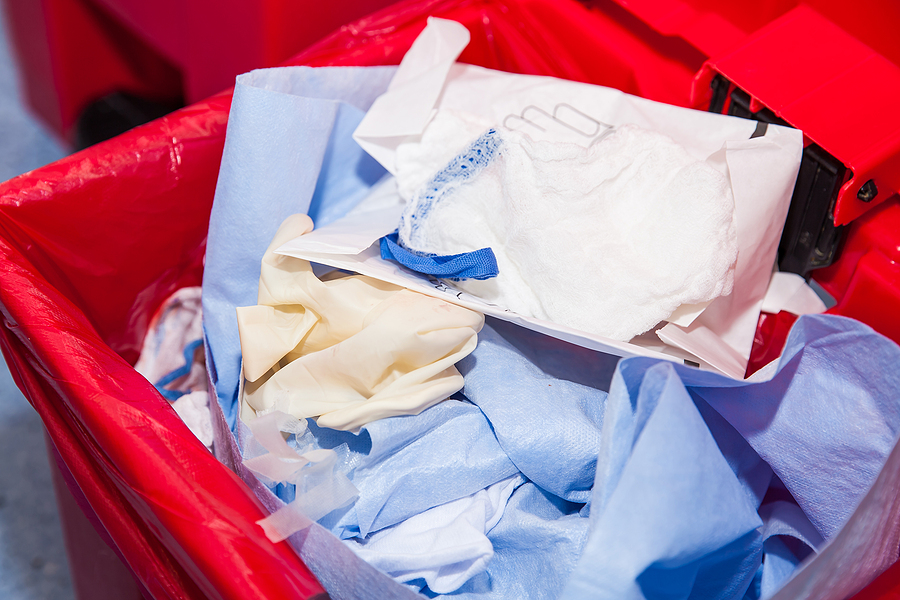
Exploring Biomedical Waste Management in Virginias Funeral Homes In closing, now that you know what types of waste are generated in Virginia Funeral Homes, contact Secure Waste: We provide reliable, compliant, and eco-friendly Biomedical waste disposal solutions for your facility’s needs. We have expertise in biomedical, hazardous waste, and Sharps container disposal. In addition, we provide customized waste management plans, including secure collection and transport and sustainable disposal practices.
Contact us today for a FREE Waste Assessment, or request a quote online!
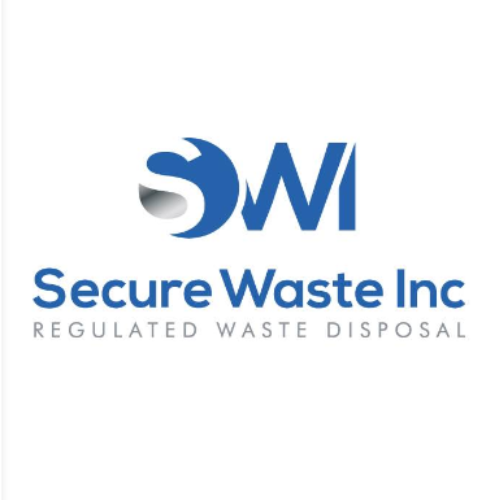
Expert Medical Waste Management: With over 25 years of industry experience, Secure Waste is a trusted local leader in hazardous and biohazardous waste disposal across Maryland, Virginia, and Washington, D.C. Specializing in medical waste management, sharps needle disposal, and biohazard waste removal, the company ensures full compliance with federal, state, and local regulations while prioritizing environmental sustainability.
The company also offers additional services, including secure document shredding and sharps container sales, providing comprehensive solutions for healthcare facilities and businesses. Our cost-effective services help clients maintain regulatory compliance without unexpected costs.
With a commitment to customer satisfaction, Secure Waste offers tailored waste management plans that align with industry best practices. Their team of experts provides reliable, timely, and compliant services, making them the preferred choice for medical waste disposal. For a free waste quote or more information, visit www.securewaste.net
